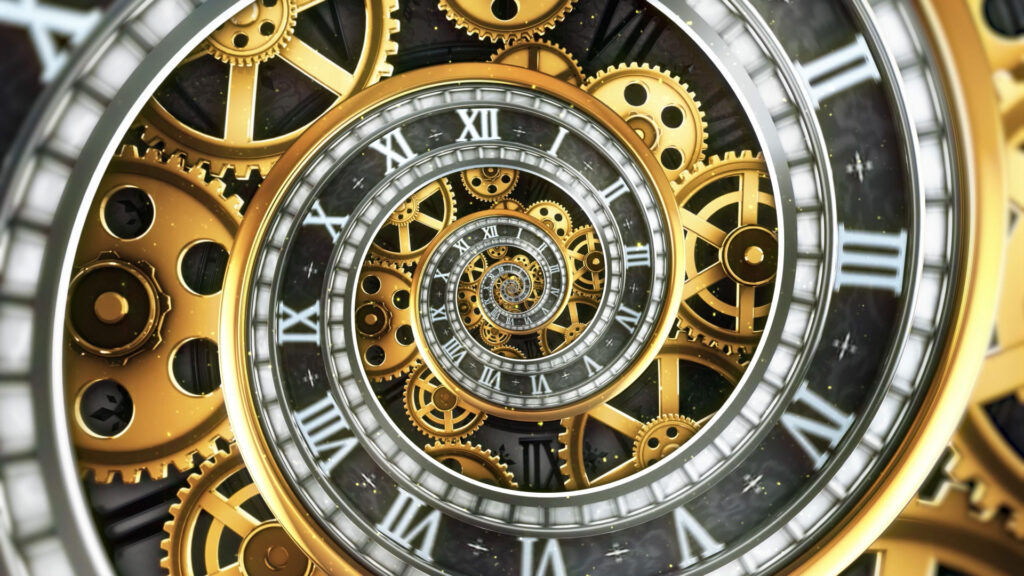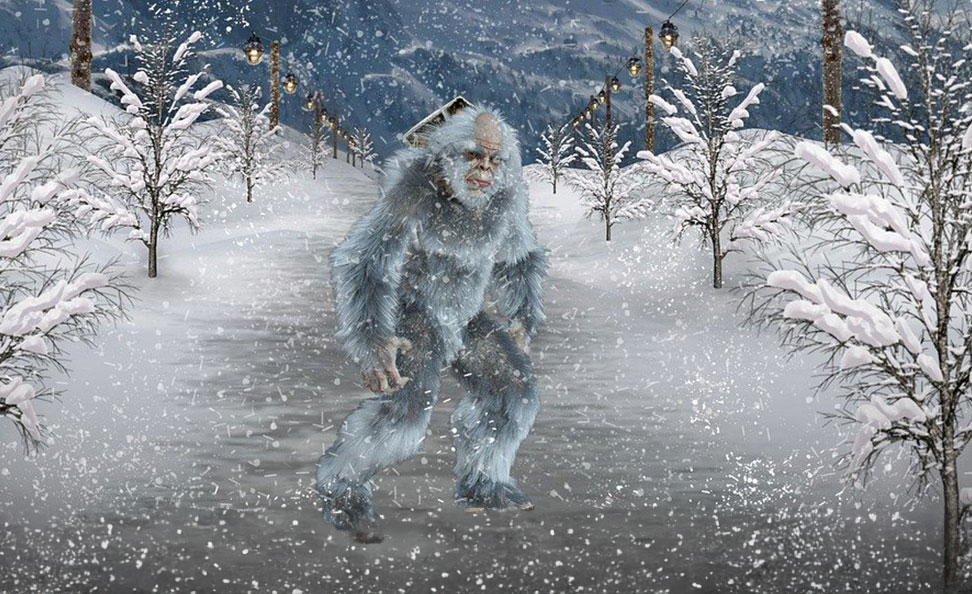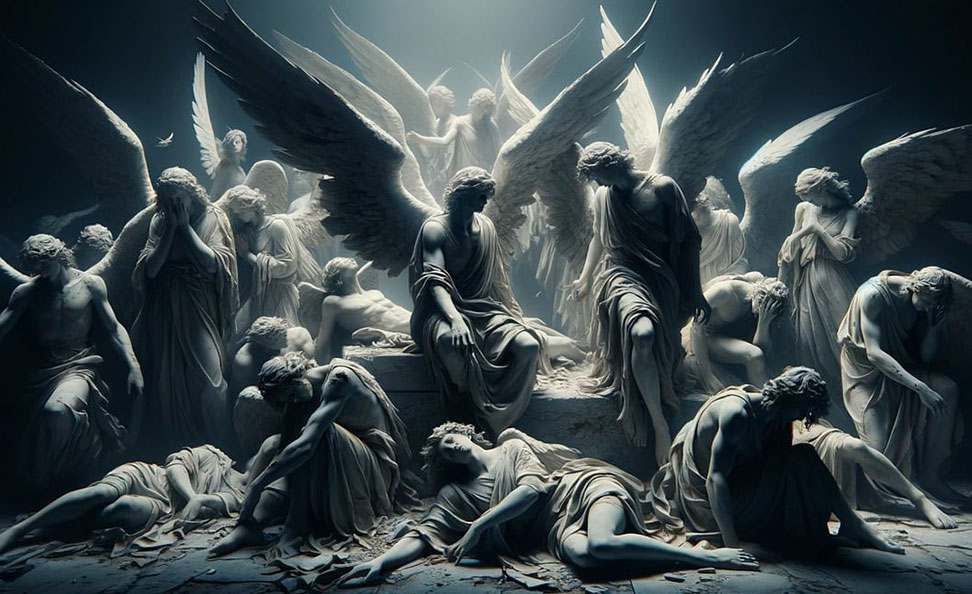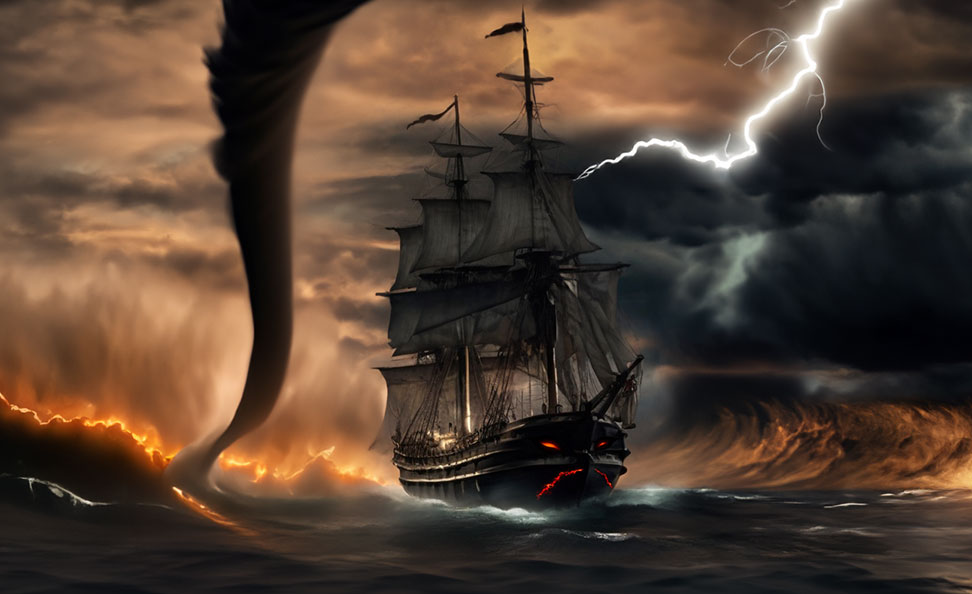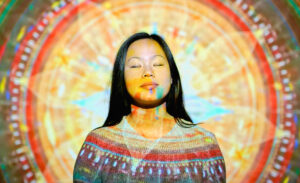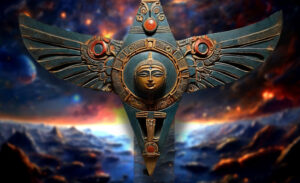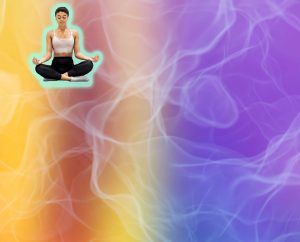The question of who holds the strings in our lives is both innate and pervasive, etching a centuries-old debate deep into the crevices of philosophy. The concept we’ve come to know as “free will” and “determinism” is at the heart of this debate.
It asks the essential question: Are the choices we make genuinely ours, birthed from our inner compass? Or are we merely puppets performing a dance choreographed by destiny or some external influence?
Unraveling The Concept of Free Will
Free will, in its simplest form, signifies our capacity to make decisions, utterly uninfluenced – or so we’d like to believe – by external factors such as our genetic makeup, the environment we’ve been raised in, or any pre-established deterministic cosmos order. Ethics debates often spotlight free will; after all, it becomes nearly impossible to assign responsibility for an action without the freedom of choice.
However, universal agreement on the existence of free will remains elusive. Some of us side-eye the idea, arguing that our actions aren’t birthed within, but are instead children of factors beyond our control. Into this perspective, an extra layer of complexity weaves itself into our understanding of free will.
Consider it as a scale that measures the degree of freedom one has over their actions. On one end of the scale is a person in solitary confinement – they have absolute control over their environment and decisions. On the other end, there’s a smiling city dweller bombarded with sounds, sights, and determinants they can’t steer clear of.
The Philosophical Joust Around Free Will
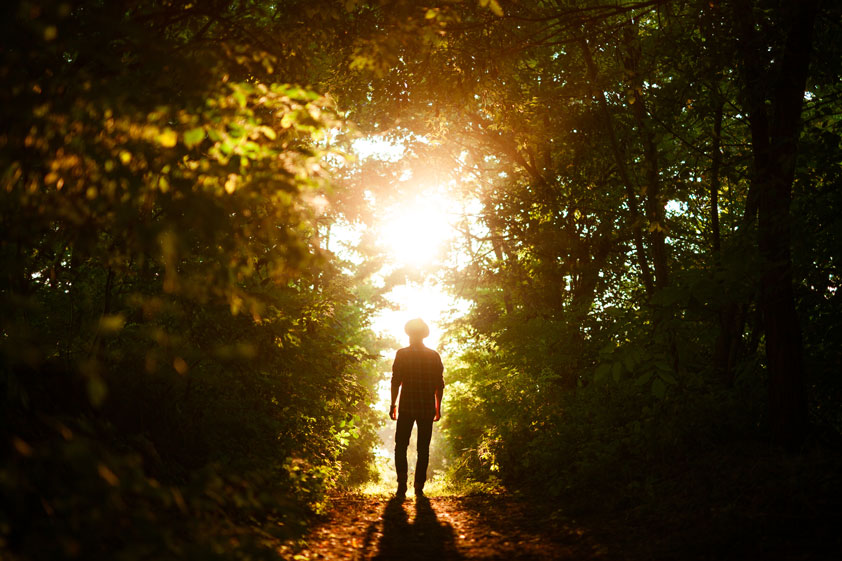
Free will debates do not box themselves into a solitary corner; they meander through multiple philosophical landscapes, from ethics to metaphysics and epistemology. Ethics, the study of moral philosophy, examines how we should behave. Our actions rise from the seeds called choices, thus logically linking the discourse around ethics directly to free will.
Metaphysics opens our minds to questions about the nature and structure of reality, employing free will as a dominant theme in its narratives. Similarly, epistemology, committed to understanding the origin and nature of knowledge, anchors itself firmly in the concept of free will. After all, isn’t the accumulation of knowledge essentially a result of choices we make based on our experiences?
Hence, free will remains a crucial aspect in deliberations around these philosophical branches, underscoring its significance in understanding the human experience.
The Role of Choices in Our Lives
Making decisions is a basic cornerstone of our lives, which places free will squarely in the spotlight. It’s this capacity to ponder, deliberate, and shape decisions that sets us apart from other animals. However, philosophers have posed a question – do we really shape our decisions? Are they truly our own?
It’s not entirely alien to hear philosophers argue that our life’s path has already been plotted, and we’re just acting like actors rehearsing a well-scripted play. But, if this is the truth, then why does the content and context of our choices change based on the information we have at any given moment? Isn’t the “choice” supposed to be predetermined?
The Intersection of Free Will and Responsibility
The bedrock of the belief in free will rests on the understanding that for every action we undertake, we are accountable. Our decisions, we believe, are not parts of a carefully mapped-out plan, but responses to our environment and the experiences we’ve had.
We learn from our interactions, grow from them, and use them to shape our future choices. These decisions are not safety tucked away in fate’s pocket, waiting for the clock to strike a particular hour, but spontaneously generated and inherently ours.
Echoes of Free Will in History and Literature
The pages of history and literature are rife with instances that bring to life the concept of free will. Think back to a time when a nation, oppressed and ruled by a ruthless tyrant, bands together and chooses to rise. Such a decision isn’t merely a chance of situation, it’s an exercise of collective free will.
Take another example of self-sacrifice for the greater good – an act that demands courage and significant decision-making. It’s hard to attribute such a grand choice merely to genetics or one’s environment. Instead, it strongly attests to the existence of free will, reinforcing the belief that we ultimately hold the reins to our choices and actions.
Bringing Determinism to the Forefront
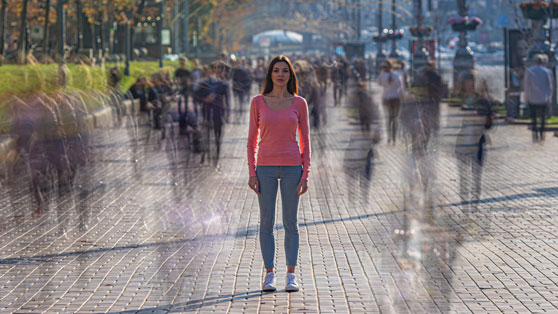
Standing in stark contrast to free will, determinism brings with it an entirely different narrative. The philosophical theory central to determinism proposes that every event or state of affairs, including human cognition and behavior, decision-making, and even our moral actions, are predetermined by an unbroken chain of prior occurrences.
Put simply, everything we do, every decision we make or path we choose, has already been decided for us by a combination of external forces beyond our conscious control. Mapping our choices back, we might find their roots in our genetic makeup or the specific conditions under which we were brought up.
Determinism embraces the concept that we are essentially products of our past, arguing that our decisions are merely inevitable outcomes of our genes or our upbringing – thus asserting that we’re not as much in control as we might like to think.
Tug of War: Nature vs Nurture
In correlation with determinism, the persistent topic of nature versus nurture comes into play. In this context, “nature” refers to the genetic traits we inherit from our parents, thought by many to be the set script for a person’s character, personality, and behavior. On the other hand, “nurture” highlights the influence that our environment – upbringing, culture, personal experiences – has on shaping who we are.
Contributing to the deterministic argument, nature and nurture together suggest that our actions, responses, and choices aren’t self-composed, but rather shaped by the complementary and often contentious interplay of our genetic predispositions and environmental influences.
Thus, in this lens, it’s portrayed that we’re not creators of our own destiny but products of unseen early factors and forces.
Mystical Finale
While the contest between free will and determinism continues, understanding both viewpoints can better shape our personal decision-making process. It’s essential to ponder multifaceted arguments without allowing your biases to take the wheel and to welcome information from diverse sources for a balanced perspective on the subject.
This way, we can forge a well-informed viewpoint about the mystery of free will.

